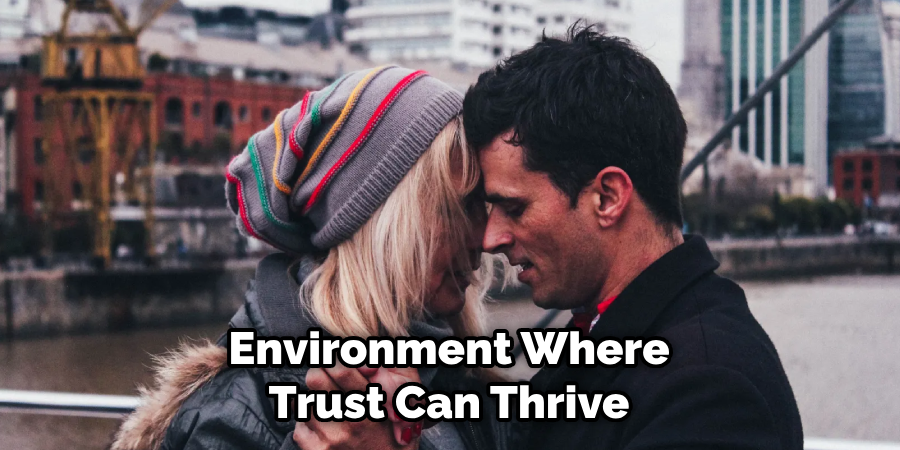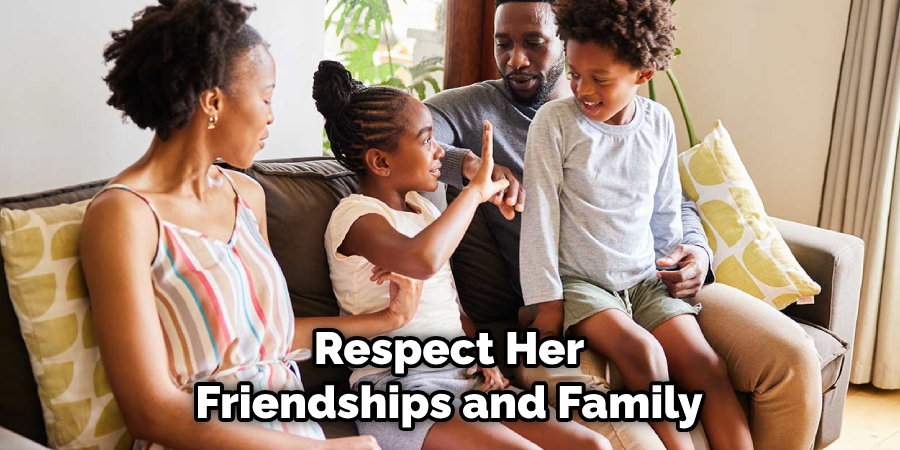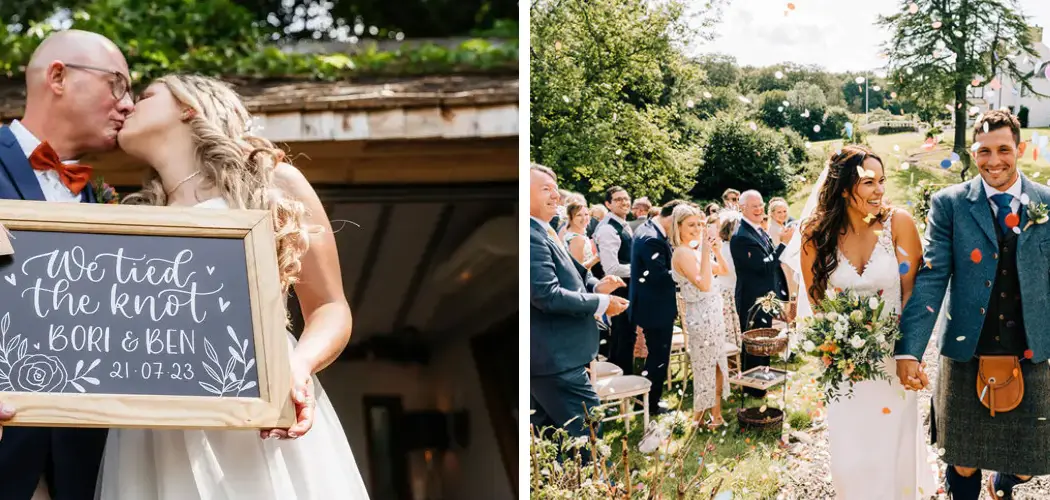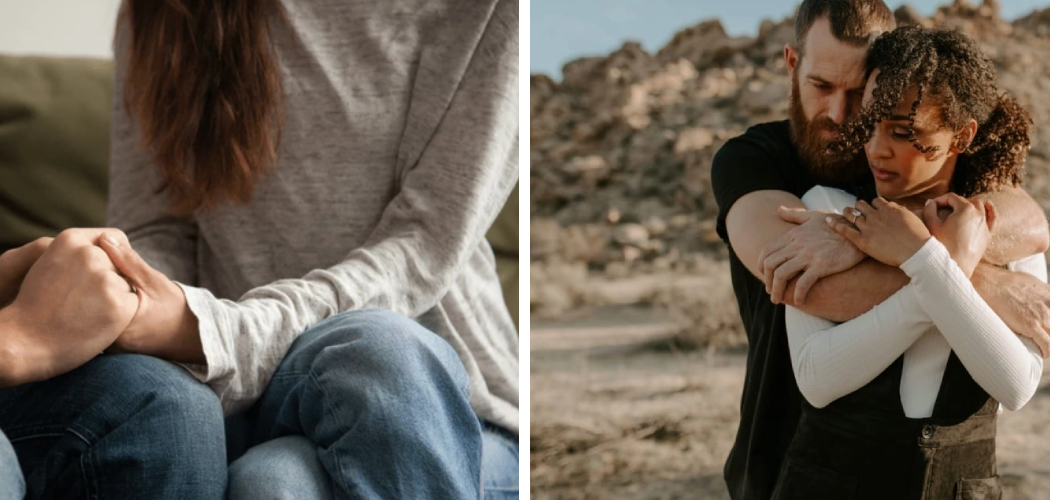Feeling safe is fundamental to a solid and fulfilling relationship. For women, this sense of security extends beyond physical safety; it also includes emotional, mental, and social comfort.

When a woman feels safe with her partner, she is more likely to open up, express her feelings freely, and invest in a deeper connection. Establishing this kind of environment requires patience, understanding, and deliberate effort. Here’s how to make a woman feel safety is at its core.
Building Emotional Safety
Emotional safety is the cornerstone of trust and closeness in a relationship. A woman needs to feel that her emotions, thoughts, and vulnerabilities are respected and valued. To foster this kind of safety, prioritize open communication.
Listen actively when she speaks. This means paying full attention without interrupting or immediately offering solutions. Sometimes, she may not be seeking advice but rather a caring ear. When you listen with empathy, you show that her feelings matter to you. Use phrases like, “I understand why you feel that way,” or “Thank you for sharing this with me,” to validate her emotions.
It’s also essential to be consistent with your words and actions. Emotional safety relies on consistency and dependability. If you make promises, follow through. If you commit to being there for her, ensure that your actions reflect your commitment. Inconsistencies can raise doubts and lead to feelings of insecurity.
Avoid harsh criticism during conflicts. Instead, approach disagreements as opportunities to understand each other better. Speak calmly, express your feelings without blame, and invite her to share her perspective. A respectful approach to resolving conflicts strengthens emotional bonds and promotes mutual respect.
Honesty is another pillar of emotional safety. Being truthful about your intentions, feelings, and boundaries helps build trust. Even difficult conversations should be handled with care and transparency, creating a space where both partners feel comfortable being authentic.
Providing Physical Safety
Physical safety is foundational in any relationship. Women need to feel physically secure, both in their environment and when interacting with their partner. While most people associate physical safety with protection from harm, it also includes creating a non-threatening environment where trust can thrive.

Respect personal boundaries at all times. Every woman has different comfort levels regarding physical touch and personal space. Always be attentive to her verbal and non-verbal cues, and ask for clarification if you are unsure about her boundaries. This mindfulness shows that you prioritize her comfort and autonomy.
Be mindful of your body language and tone of voice, especially during conflicts. Raising your voice, making abrupt movements, or displaying intimidating behavior can create feelings of fear or discomfort, even if that is not your intention. Instead, maintain a calm demeanor and use non-threatening gestures to communicate.
Creating physical safety also involves practical actions. Offer to walk her home at night, ensure she feels safe in unfamiliar environments, or check in with her if she’s traveling alone. These gestures demonstrate your care and consideration for her well-being. However, it’s important to strike a balance; being overprotective can come across as controlling rather than supportive.
Additionally, consider ways to empower her. Encourage self-defense classes or discussions about safety awareness. Supporting her independence while also offering protection creates a dynamic where both partners contribute to a secure environment.
Nurturing Mental and Social Security
Feeling safe in a relationship extends to mental and social aspects of life. Mental safety involves protecting her from stress, manipulation, or undue pressure, while social security refers to respecting her social circles and supporting her sense of belonging.
To provide mental safety, create an environment where her thoughts and feelings are respected, even when they differ from yours. Encourage her to share her ideas and approach conversations with curiosity rather than judgment. Avoid gaslighting behaviors that undermine her perception of reality. For instance, dismissing her concerns or making her feel irrational for having certain emotions can erode her mental security.
Celebrate her achievements and personal growth. Positive reinforcement boosts confidence and shows that you are invested in her happiness. Additionally, be supportive during times of stress or disappointment. Offer encouragement and understanding rather than criticism.
Respect her independence by allowing her to make her own decisions without excessive influence. Even in intimate relationships, autonomy is critical for personal fulfillment. Trust her ability to navigate her own life, and offer advice only when asked.

Social security is equally important. Respect her friendships and family ties, even if you don’t share the same level of connection with those individuals. Avoid behaviors that isolate her from her support system, such as jealousy or controlling tendencies. Instead, show interest in the people who matter to her and encourage healthy social interactions.
Respecting her privacy is also crucial. Do not pry into personal matters unless she willingly shares the information. Trust is built when boundaries are respected, and privacy is a key component of feeling secure in a relationship.
Consistency and Commitment
Consistency and commitment are critical to fostering security in a relationship. Being reliable and demonstrating that you are committed to the relationship helps build a sense of stability.
Consistency involves showing up in the same caring, respectful, and attentive way over time. Small, consistent actions—such as daily check-ins, acts of kindness, and remembering important details—show that you prioritize her and are mindful of her needs.
Commitment goes beyond mere words. It’s about making her feel that she is an important part of your life and that you are dedicated to building a future together. Clear communication about your intentions and long-term goals provides reassurance and reduces uncertainty.
When challenges arise, face them together rather than avoiding them. Relationships are tested by difficulties, but addressing them with honesty and perseverance strengthens trust. Compromise and approach issues as a team, not adversaries.
Ultimately, safety in a relationship is about creating a space where love, trust, and mutual respect thrive. By prioritizing emotional, physical, mental, and social security—and by demonstrating consistency and commitment—you lay the foundation for a lasting, fulfilling connection where both partners feel valued and secure.

This foundation allows love to grow freely, unimpeded by fear or doubt, and makes the relationship a true haven of safety and support.
You Can Read to How to Attract Your Partner




